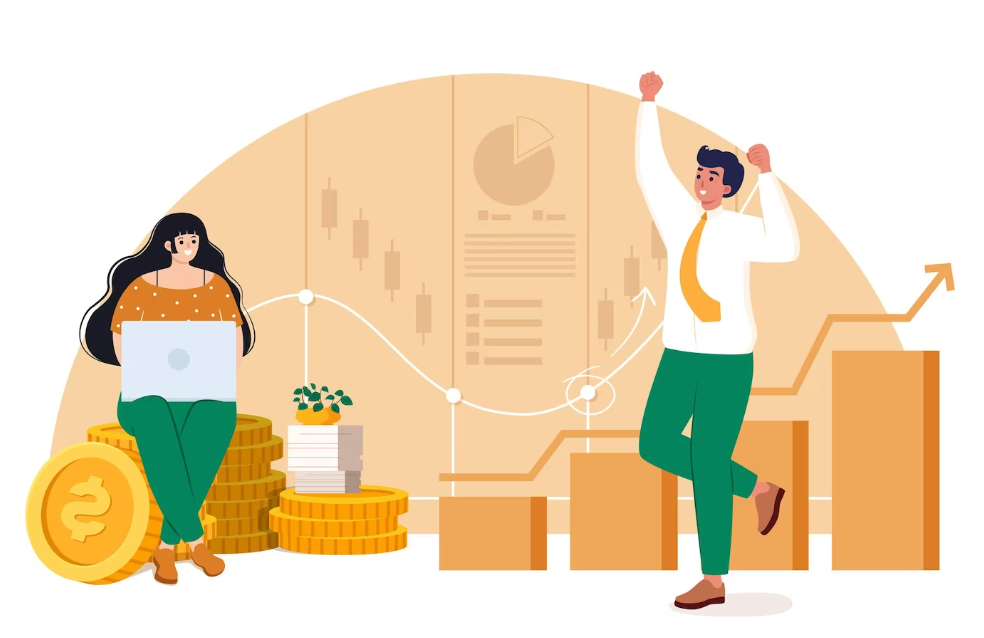 Import News
Import News
 22-09-2023
22-09-2023
Brazil, with its vast territory and diverse economy, is an attractive destination for businesses looking to expand their market reach. However, navigating the import regulations and customs procedures in Brazil can be complex. In this article, Tendata will provide valuable insights into the import landscape of Brazil, including its regulations, procedures, and trade trends.
>>>Look at more about brazil imports<<<

1. An Overview of Brazil's Imports
Brazil's imports encompass a wide range of products, from machinery and electronics to food and consumer goods. The country's import market is influenced by its growing domestic consumer base and the need for various raw materials and equipment to support its industries.
2. Regulatory Framework for Imports
Importers in Brazil must comply with several regulations and legal requirements, including:
· Import Licensing: Certain products require import licenses from Brazilian authorities. These licenses are issued based on the nature of the product and its intended use.
· Customs Valuation: Brazil follows the World Trade Organization (WTO) rules on customs valuation. The customs value of imported goods is determined based on international standards.
· Tariffs and Duties: Import duties and taxes vary depending on the type of product. Brazil's Common External Tariff (TEC) categorizes goods into different tariff codes, each with its corresponding duty rate.
3. Customs Procedures
The customs procedures for importing goods into Brazil include:
· Customs Declaration: Importers must submit a customs declaration providing detailed information about the imported goods, their value, and origin.
· Physical Inspection: Brazilian customs authorities may physically inspect imported goods to verify their compliance with regulations and customs valuation.
· Payment of Duties: Import duties, taxes, and other applicable fees must be paid before the goods are released from customs.
>>>Click to Check More Import And Export Information from Tendata<<<
4. Trade Trends in Brazil
Brazil's import landscape is continually evolving. Some key trends and factors shaping the country's imports include:
· Economic Growth: Brazil's expanding middle class and rising consumer demand drive imports of electronics, consumer goods, and automobiles.
· Industrial Needs: The country imports machinery and equipment to support its growing industrial sector.
· Agricultural Imports: Brazil imports various food products to meet the demands of its diverse population.
· Raw Materials: Imports of raw materials are essential for Brazil's manufacturing and construction sectors.
· Trade Agreements: Brazil is a member of Mercosur, a regional trade bloc, and has trade agreements with various countries and regions, influencing the source of its imports.
5. Tips for Importers
· Engage Local Experts: Given the complexity of Brazil's import regulations,
businesses should consider partnering with local experts, including customs
brokers and legal advisors.
· Understand Tariff Codes: Accurate classification of products under the correct tariff codes is crucial for calculating duties correctly.
· Stay Informed: Keep up-to-date with changes in regulations and trade agreements that may impact your imports.
>>>Click to Check More Import And Export Information from Tendata<<<
Conclusion
Navigating the import regulations and customs procedures in Brazil is a vital aspect of conducting international trade in this dynamic market. Understanding the regulatory framework, customs processes, and trade trends is essential for businesses looking to successfully import goods into Brazil. As the country continues to evolve economically and politically, staying informed and compliant with regulations will be key to a successful import strategy in Brazil.
About Tendata
If you want to expand your export business and want to find out if there are export opportunities, there is much more you need to do! It may take a lot of time to conduct market research. Want to start your export business as fast as possible? Tendata can help you save up to 90% of your time!
Tendata provides real-time updated import and export data and customs data of 220+ countries, dynamically records the transaction details of each import and export goods, accurately mines and analyzes real buyers around the world based on big data AI intelligent technology, and easily matches the name, identity, position, email address, phone number and social account of the person in charge of purchasing in 10 seconds, which can satisfy all kinds of needs such as searching for overseas buyers, monitoring competitors, grasping market trends, improving enterprise competitiveness and so on. It can help you find overseas buyers, monitor competitors, grasp market trends, improve enterprise competitiveness and other needs, and help you quickly increase your company's revenue.

Category
Leave Message for Demo Request or Questions


 T-info
T-info T-discovery
T-discovery

 My
Tendata
My
Tendata Market Analysis
Market Analysis Customer
Development
Customer
Development Competitor
Monitoring
Competitor
Monitoring Customer Relationship
Customer Relationship





































































































































